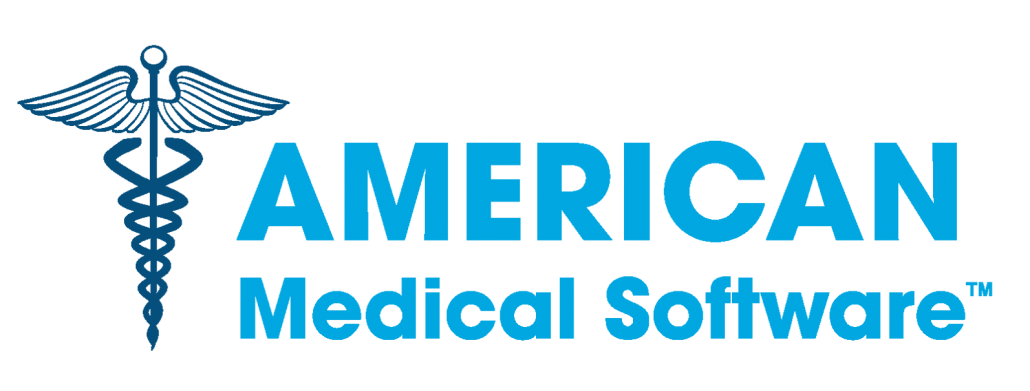Miami Children’s $67M Plan Jump-Starts Use of EMR
Miami Children’s Hospital plans to spend $67 million for a massive overhaul to go digital – although federal stimulus funds should offset some of the costs.
The nonprofit’s conversion to electronic medical records could influence many local pediatric physicians to follow along, since they would get an offer to purchase a system from Cerner at a discounted rate.
MCH Chief Information Officer Ed Martinez said the first phase would take 18 months and accompany the revision of many operating processes at the hospital to conform to the system. This includes new ways of prescribing medication, running lab tests, and communicating between hospital staff and doctors.
By late 2011, the hospital should go live at about 80 percent digital. The whole process should take four years, Martinez said.
The hospital should get $7 million to $8 million in federal stimulus funds as an incentive for buying the system, Martinez added. If the hospital did not get an electronic medical records system up to the federal “meaningful use” guidelines, it could lose a portion of its Medicaid funding, starting in 2015.
“The federal government is serious about automating care in the state of Florida,” Martinez said. “The fact that we have stimulus dollars to offset some expenses makes it better for us.”
According to a study by Health Affairs, 11.9 percent of U.S. hospitals had electronic health records in 2009, up by 3.2 percentage points over the previous year. However, it said only 2 percent of hospital had systems that would meet the government’s “meaningful use” criteria, which starts in 2011.
Mike Valentine, COO of Kansas City, Mo.-based Cerner, said 45 percent to 50 percent of Florida hospitals use its electronic systems, but only 10 percent to 15 percent have become fully digitized, like MCH has signed up for. That follows the recent trend of hospitals converting to electronic records full bore – instead of doing it in slow, incremental steps, like they did a decade ago, Valentine said.
The hospital will ask its physicians join in so they can track the progress of their patients from their offices, homes and on their mobile devices, Martinez said. The patient data would be available over a secure Web application.
“So today, a physician is taking care of patients in intensive care unit and [the physician] is called up in middle of night and must make decision without seeing them,” Martinez said. “With this system, the physician can be anywhere, log in and look at patient information in real time, like they were sitting in front of the bed.”
MCH would host the Cerner system remotely to support the physicians’ practices. The doctors who are directly employed by the hospital would have the system installed in their offices. MCH has clinics in Weston, Doral, Palmetto Bay, west Kendall, Miami Lakes and Loxahatchee.
While the nonprofit won’t take any revenue from signing up its affiliated, non-staff physicians, it would offer them a 50 percent discount on Cerner’s usual rate, Martinez said. Valentine said the system costs $300 to $600 a month, in most cases.
Since pediatricians have fewer hospital options than general physicians, having MCH tell them to go digital could have a great influence. Plus, the physicians could qualify for higher Medicare and Medicaid reimbursements under the stimulus plans, if they sign up in time.
“Most physician practices don’t invest heavily in local IT capability, so whenever they can lean on a hospital setting for that role, that makes it easier,” Valentine said.
South Florida Business Journal – by Brian Bandell
bbandell@bizjournals.com | (954) 949-7515




Leave a Reply
Want to join the discussion?Feel free to contribute!